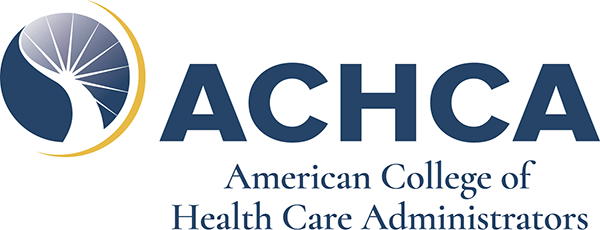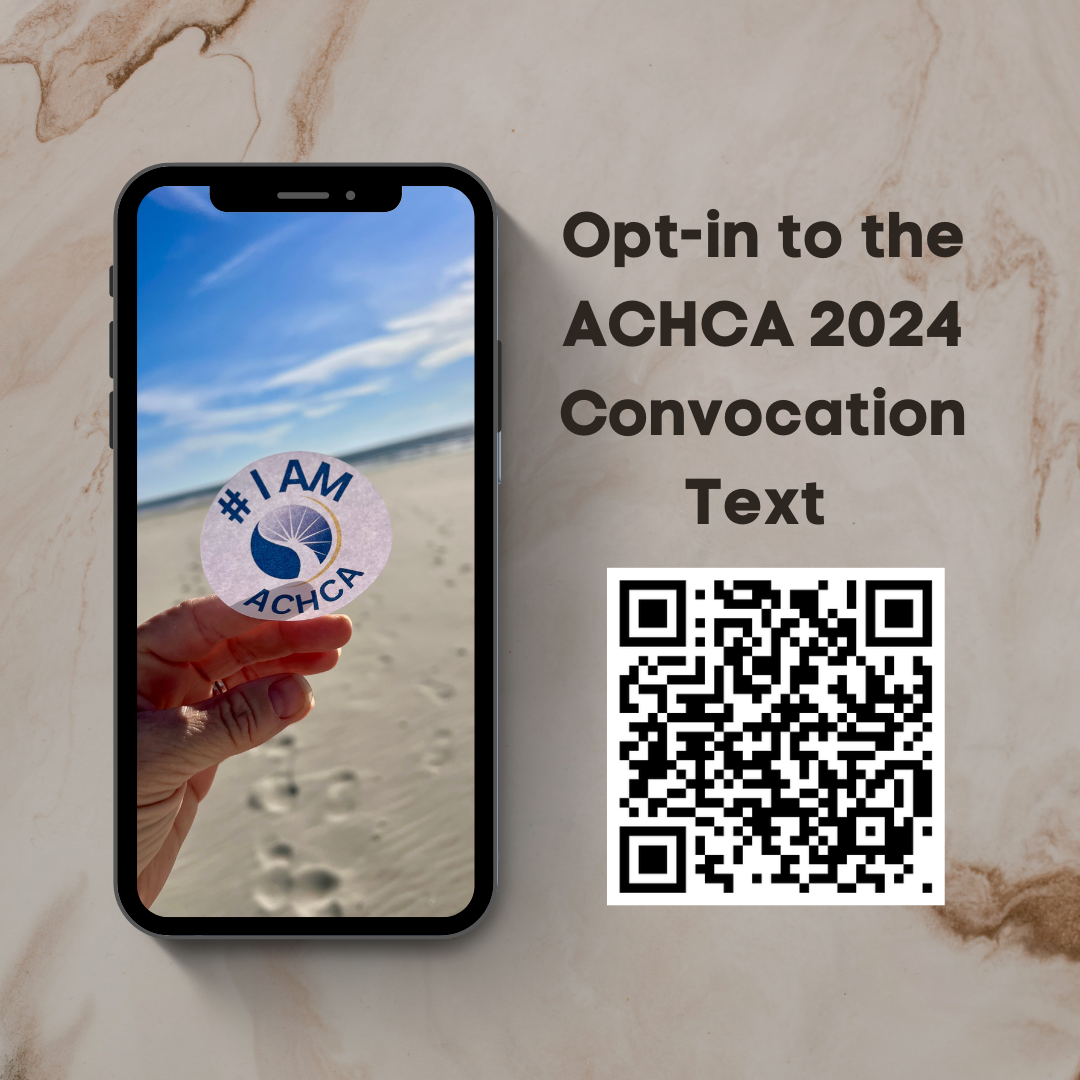“Professional education is acquired through the learning experience offered with courses preparing the student for the role of leader and teacher, and that can be implemented at a level of competency.” Eleanor C. Lambertsen, RN, Ed.D
Nurses play a critical role in caring for the sick and frail older adult, and in promoting healthy aging. Yet not only is there a general shortage of nurses in the United States, there are even fewer nurses who have specialized in geriatric skills. Of the 2.5 million registered nurses in the U.S., less than 15,000 are certified in geriatrics. And of the 111,000 advanced practice nurses, only 3,500 are geriatric nurse practitioners and/or clinical specialists.
This presents a looming crisis as fewer nurses with the appropriate credentials will be available to care for a growing aging population. As important, is (1) the enlisting of faculty to train the future nurse in the care of a burgeoning older adult population, and (2) instituting urgently needed clinical research studies on the complex health needs of this particular population.
To address this glaring shortfall, nursing schools must be prepared to implement the gero-nursing profile as a legitimate and functioning specialty by (1) attracting new talent into the field by utilizing current technology (i.e. newsprint, internet); (2) creating collaborative relationships with other fellow academicians, health care providers, and institutions, and community organizations; (3) promoting new programs in patient care by stressing the use and application of evidence-based knowledge in our nation’s nursing schools.
Since 1995 the John A. Hartford Foundation has provided millions of dollars to the Hartford Institute for the express purpose of training nurses in geriatric nursing.
Building such a program will require (1) a commitment of those who are familiar with the necessary clinical and academic requirements, and (2) a goal for effecting these strategies.
Therefore any university that seeks to build a strong geriatric presence must re-focus on the following strategies:
- Employ faculty that is fully trained in care of the aged to carry out these goals in the classroom and clinical setting.
- Foster partnerships through the dissemination of best practices in our contact with medical and nursing programs, in nursing facilities, nursing homes, etc.
- Invest in innovative seminars that focus on enlightened societal programs on aging and the contributions of Nursing.
- Network with other undergraduate faculty, especially in the social sciences.
- Encourage nurses enrolled in doctoral programs to consider choosing a theme in the field of aging for their dissertations.
- Establish a Nursing college award named after a scientist, writer involved in the field of aging (Dr. Robert Butler is but one example).
Change can occur through the promotion of a sustainable and robust faculty committed to the advancement of a vital and necessary field.
One final thought: the geriatric nurse will be in heavy demand with the rapid growth of the baby boomer generation. It is statistically accurate that this population, growing daily at 10,000 throughout the U.S., and 4 million yearly, is becoming a political, economic and social force.
Quotable Quote: “Purify time each day, find an act of kindness and beauty that belongs to that day alone.”




Please log into https://bit.ly/LPNfreeCE to view a presentation that I recently did with Wright State University on Medication Aides. It is free and very informative on the need and benefits of utilizing Medication Aides.
Clarification: Medication aides are not board certified, they are certified by the board of nursing.
As a Board Certified Gerontological Nurse (expert status), LNHA and nursing Professor I would like to contribute to this article. I agree, there is a shortage of nurses entering the geriatric field for several reasons. I take around 40 plus nursing students to clinicals every semester. Only one expressed interest into working in LTC. They spend years preparing to become a nurse and when I take them to LTC facilities, they see the nurse passing medications all shift. They see the delay in resident care because of this and I have as well over the years. I ask them if I can take the med pass away, would you be interested. I explain that we provide care to acutely ill residents requiring assessments, IV's, tracheostomy care, etc and they reply yes. Please consider using your state approved Medication Aides (in Ohio we train through the Ohio Board of Nursing for 120 hours). They receive as much or more medication education, clinical hours passing medications and simulations as a LPN and they work as aides. They care about their residents. I agree we must re-focus training. We need to train nurses on how to delegate the mundane task of medication administration in LTC, SNF and AL facilities to the board certified Medication Aides. They reduce medication errors and allow nurses at least 30 more minutes per resident per day at the bedside providing care. Consider using independent contracted Medication Aides at least during this pandemic.